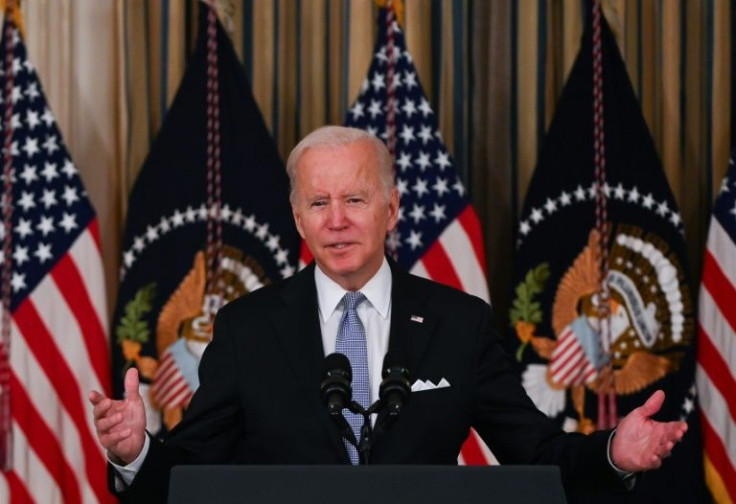Biden, The Vaccine Mandate ... And A Lottery

The big news in the world of labor and employment law was the long-awaited rule regarding President Joe Biden’s requirement that employers with 100 or more employees implement mandatory vaccination policies, and the almost immediate wave of litigation that this rule was met with.
Biden announced in September that he instructed the Occupational Safety and Health Administration (OSHA) to develop a rule mandating vaccination or weekly testing at companies with 100 or more employees.
On Nov. 5, OSHA published an emergency temporary standard (ETS) that described in detail the president’s announcement, which includes the following:
- Applies to any employer with 100 or more employees, that is not already subject to another law, executive order or ETS (yes, there was another ETS).
- Does not cover employees who are: entirely remote, work exclusively outdoors, or that work at a location where no one else is present.
- Requirement that covered employees be either fully vaccinated or tested at least weekly by Jan. 4, 2022.
- Paid leave for covered employees receiving the vaccination (up to four hours per dose ) and recovery.
- Notably, companies are not required to pay for or provide the tests (however, there may be state or local laws that either require payment for tests or that require employees be compensated for time spent undergoing the test).
As expected, the ETS was met with almost instantaneous litigation, with challenges being filed (as of the date of this publication) in the: 5th Circuit Court of Appeals (covers Texas, Louisiana and Mississippi); the 6th Circuit Court of Appeals (Kentucky, Michigan, Ohio, Tennessee); the 7th Circuit Court of Appeals (Illinois, Indiana, Wisconsin); the 8th Circuit Court of Appeals (Arkansas, Iowa, Minnesota, Missouri, Nebraska and the Dakotas); the 11th Circuit Court of Appeals (Alabama, Florida, Georgia); and the D.C. Circuit Court of Appeals.
That’s nearly half the country.
By Nov. 6, the 5th Circuit issued a stay of the entire ETS pending judicial review.
What now?
We are likely to see if the ETS is upheld by holding a lottery. Yes, you read that right, a lottery.
Congress anticipated something like this ETS saga, and the process involves consolidating all of the lawsuits that have been filed into one Court of Appeals, with the winner being randomly designated from among those courts where the lawsuits have been filed.
Then, all of the other courts will transfer their proceedings to the designated forum. This “multi-circuit lottery” is set to take place by Nov. 16.
Should employers act on the ETS or wait until the ping-pong balls get sorted out through the lottery?
There’s obviously uncertainty and this could go either way, depending on which Circuit is designated via the lottery.
It does seem prudent that employers with 100 or more employees should start at least preparing for the possibility the ETS will take effect.
After all, Jan. 4, 2022, will be here before you know it, and if the legal challenges fail – or you’re in a jurisdiction that’s not affected by such a challenge (or a jurisdiction that already has state or local mandates, such as New York) – you’re going to have precious little time to get your act together with respect to compliance.
Brian G. Klein is the co-founder of Weinstein + Klein P.C., a boutique law firm in Morristown, N.J. He primarily finds himself counseling clients on labor and employment law issues. This is the first installment of a regular column he will be writing on labor and employment law.





















